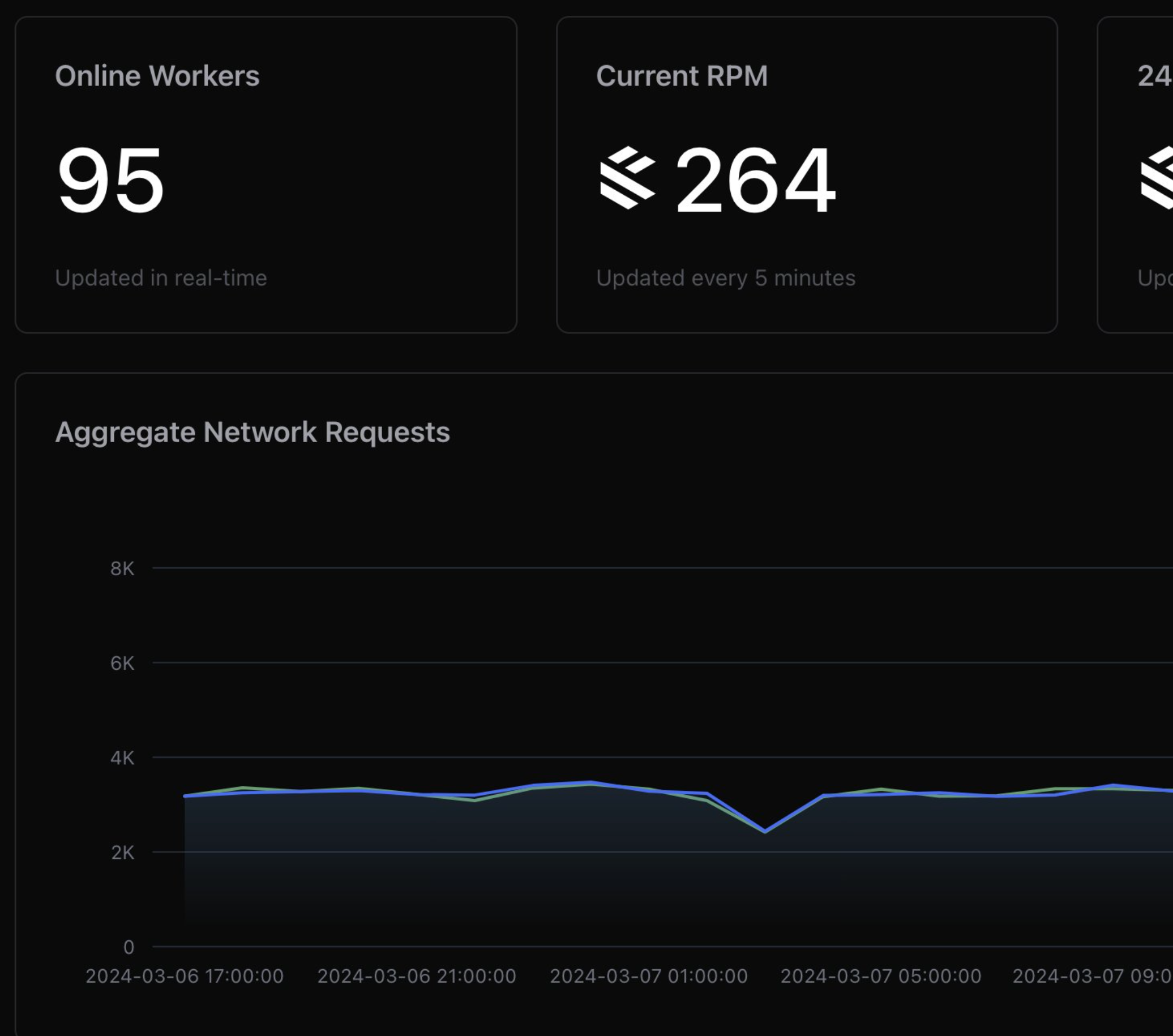I ran into a post on LinkedIn the other day, where someone was celebrating an acquisition with a shirt from YC that said I made something people want.. As an extension of the YC motto - which has always been interesting in its simplicity - it has made me wonder what it's come to mean.

Sure, it's a personal thing. No two people hold the same view, and no two parts of the elephant are alike. But what are we engaged in, when we build these companies and these products, and what do they mean to us?
§How we start
It seems to me most VC-funded technology companies follow a similar life-cycles with a few forks. You start because you identify a problem, either for yourself or for someone else. Hopefully, you don't start because you have a solution and you go looking for a problem - not that it can't be a path to success, but it's the one littered with the most gravestones.
You gather your wits and whoever else you can find to try and solve this thing. Someone will build, and someone will sell. Someone will figure out how to make sure you can eat before you're fully successful at those things. Sometimes those someones are all you.
While this is often advised to be the right way to go about it - it speaks to need, not want. In my experience these are two very different things - and there are two big disparities that speak to this. First, the things we cherish as I look around our lives are not things we need, but things we want. Movies, books, the latest phones, espresso.
Second, convincing someone they want something they need is often not easy - whether that's a vaccine or a digital calendar. Some of us are amazing at manufacturing want from practically nothing, but often the surest place is to start with someone's need and go to work making sure the solution is something they want.
A lot of my personal projects speak to this gap. Every single one of them came from at least one validated customer need - mine - and were all built and offered to customer(s) for the low price of zero. However, their success rate at becoming things that were wanted has been pretty low (20% or so) despite the love that went into them.
§How we continue
In most cases, you'll discover that solving these problems - and solving them fast enough - needs capital. Fortunately we have Arthur Rock and quite a few Sandy Roads in many countries that marry an abundance of capital and risk appetite to risk takers with potential solutions (to that abundance of capital).
Once you get going, growth is often the goal and the metric that answers those questions. If you're more fortunate (and less lucky), it's sometimes revenue. Goodhart's law is inescapable, but these are the metrics we have.
Along the way, you'll change your mind and pivot. No one's ever right the first time they say something - and you can either update your beliefs when presented with reality or you can wait to be right. Pick the first one, most of us don't have that long.
§How we end.
On the good side, there are usually two paths. You end when someone buys you, or you stop needing more money to pay the bills.
On the bad side of things, you end when someone buys you, or you run out of money while still needing more.
§Did you make something people want?
At the end of the journey, you wonder what it was that you made that people wanted.
Did you build a team that someone else wanted?
Did you build a customer list that someone else wanted?
Did you make a product that someone else wanted?
Or did you make a company that someone else wanted? (In the off case, did you make a company that someone else wanted to not exist)?
I list these because those are the things that will usually reward you financially as a response. If instead you'd (only) built a life that people wanted, or a knowledge about the market that hadn't previously existed, you're unlikely to be equally rewarded - in the capitalist sense.
To me this brings to mind the question of what it is we're doing. The biggest problem - and the one I've seen plague most early-stage startups - is not that they don't build something people want, it's that they fail to understand what they can get for it.
In insurance, everything is insurable - at the right price. If you wanted me to insure your house against any risk, I could do that at the right premium. If it was worth a billion, and you paid me a billion in premium, I would have no problem taking on that risk. At zero dollars, I would be unwilling. The right number is often in between, but there is a number.
Same goes for the companies, teams and products we build. There is a number - measured either in your time, the sales value or the cost basis - that it will exchange hands at. However, companies are rarely built around that number. Most companies - including ours - spend a wrong amount of time trying to justify the number that would work for them.
Somehow this has occupied my idle time the last few days: that maybe our goal shouldn't be to make something people want, but to make something people reward you for.
Not a newsletter





